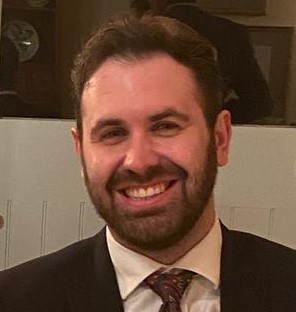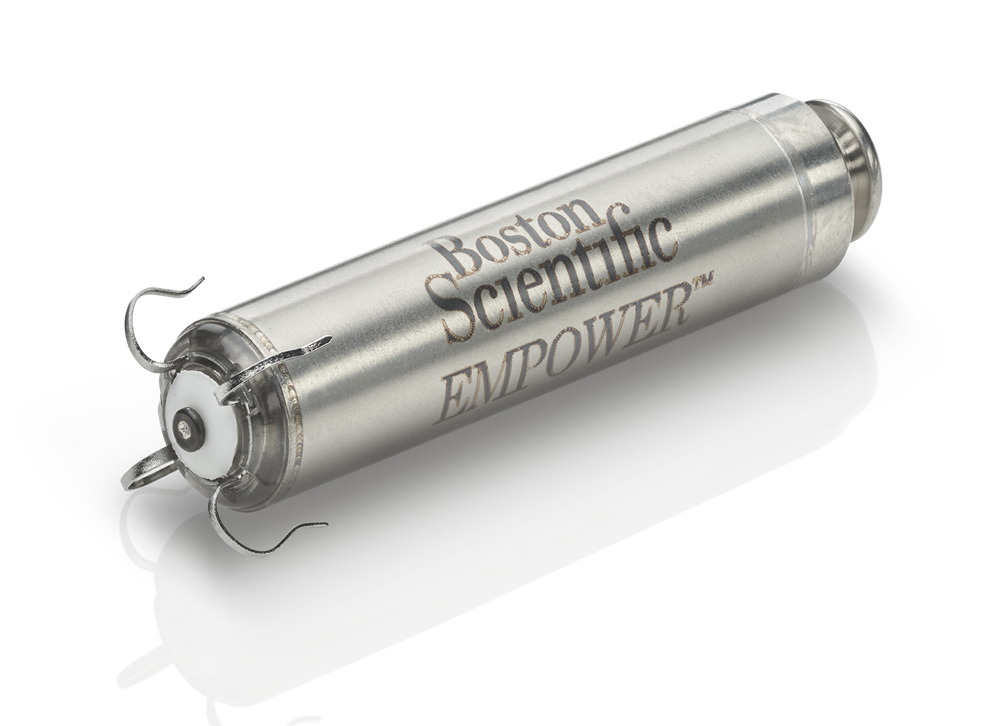_____________________________________________
Welcome to this week’s myHSN Week in Health – a round-up of the biggest health news this week, and what it means for you
_____________________________________________
Lab-grown blood transfusion is world-first
Pacemaker implanted with ‘no leads’
Magic mushrooms effective in severe depression
NHS offers life-changing bionic arm to all amputees
_____________________________________________
Nurses vote for strike action
Credit: Pexels
What?
The Royal College of Nurses (RCN) are set to unveil that nurses in the UK have voted for strike action. While yet to formally release the outcome of the ballot, a large majority of nurses have reportedly voted in favour of a walkout over salary.
Why?
Nurses in the UK have been offered a pay rise of around 5% nationally. This pales in comparison to the inflation-busting rise of 17% the RCN has called for. Currently any pay increase below 12% is seen as a real-terms pay decrease, and this has been a trend for public sector pay packets in the previous decade. While nurses indeed received a 3% uplift in the context of a wider public sector pay freeze, RCN members have voted to strike for a higher award.
How (does it affect you)?
If a strike goes ahead in the run-up to Christmas, expect operations to be cancelled and other hospital services to be significantly reduced. This will only compound the current situation where patients are facing record waiting lists for operations and procedures. On the other hand, a truly devastating effect on patient care will come as a result of failing to compensate staff appropriately – many nurses face the prospect of voting with their feet and leaving the NHS altogether.
_____________________________________________
Lab-grown blood transfusion is world-first
Credit: Pexels
What?
Patients in the UK have been among the first in the world to receive blood grown in a laboratory. Volunteers will receive two small 5-10ml donations of both normal and lab-grown blood, 4 months apart, and scientists will measure how long each sample lasts in the human body.
Why?
The UK is facing a blood shortage as a result of increasing demand and reducing donations. Many patients in the UK either require specialist blood groups, or frequent transfusions. Specialist blood groups suffer from how uncommon they are, while frequently transfused patients face problems with increasing issues of blood rejection once transfused multiple times. Lab-grown blood is seen as key to solving this growing issue.
Stem cells (immature cells that can develop into different cell types) are harvested from donors, incubated and grown into larger numbers of red blood cells, and in turn are transfused into patients.
How (does it affect you)?
If you have a rare blood type or receive frequent blood transfusions, this will affect you eventually and you may see transfusions become safer and easier. While lab-grown blood is currently more expensive, it has the potential to remove the need for large donation campaigns, and can make rarer blood types more easily transfusable. This research will likely translate into real world benefits in a number of years, once more research has been undertaken.
_____________________________________________
Pacemaker implanted with ‘no leads’
Credit: Boston Scientific
What?
Cardiologists in Southampton have implanted the UK’s first pacemaker without leads, as part of a global clinical trial of the devices.
Why?
Currently, pacemakers require leads to be inserted which lie under the skin and can be prone to disconnection or causing infection. The new device is inserted directly into the heart wall and is able to ‘pace’, sending small electrical signals to alter heart rhythm, without the need for wires. This removes infection risk and the presence of a visible pacemaker pocket.
How (does it affect you)?
This is an ongoing study and 300 patients are set to be enrolled worldwide. Currently this device is only able to provide a limited type of pacing restricted to one side of the heart, and many patients will require a conventional device to be inserted. You should talk to your cardiologist to see if you are eligible for this device, and whether your hospital is taking part in the trial.
_____________________________________________
Magic mushrooms effective in severe depression
Credit: Pexels
What?
An international study of patients with severe or ‘treatment-resistant’ depression has shown a single dose of psilocybin produces significant benefits for some patients involved. Psilocybin is the psychoactive chemical found in magic mushrooms, that can be taken to induce hallucinations for recreational use. Patients were given doses of psilocybin, and then engaged in talking therapy. At three weeks, positive effects on depression were observed, though this effect was not seen at 12 weeks.
Why?
Many in the psychedelic community have long heralded the benefits to mental health of compounds like psilocybin. Now, for the first time, the positive effects of psilocybin have been measured and deemed effective in an international study.
Administration of psilocybin places patients’ brains in a more ‘mouldable’ state. This means the benefit of talking therapies can last longer, and have more meaningful effects.
How (does it affect you)?
This is an exciting step for the use of psychedelics in depression. More research will need to be undertaken before the use of psilocybin becomes mainstream. It is, however, an indication of the powerful effects these previously illicit and taboo substances can have on mental health, and in turn challenges the stigma around them.
_____________________________________________
NHS offers life-changing bionic arm to all amputees
What?
The NHS is to offer advanced bionic arms to all eligible amputees, bringing their care in line with military veterans injured in service (previously the only group eligible to receive them on the NHS).
Why?
Previously only basic models with limited open/close grip, or purely cosmetic models, were available to the majority of patients. This follows two independent reviews into their benefits for patients, and the already realised benefits that veterans have received.
How (does it affect you)?
If you or a loved one are an amputee with residual upper arm muscles that can send signals to the new prostheses, this news directly affects you. The realistic hand movements the bionic arms offer is life-changing for many. If you are in this situation, speak to your GP to receive a referral to a prosthetics unit to undergo assessment of eligibility for this exciting new technology.
_____________________________________________
As always, best wishes from myHSN!






